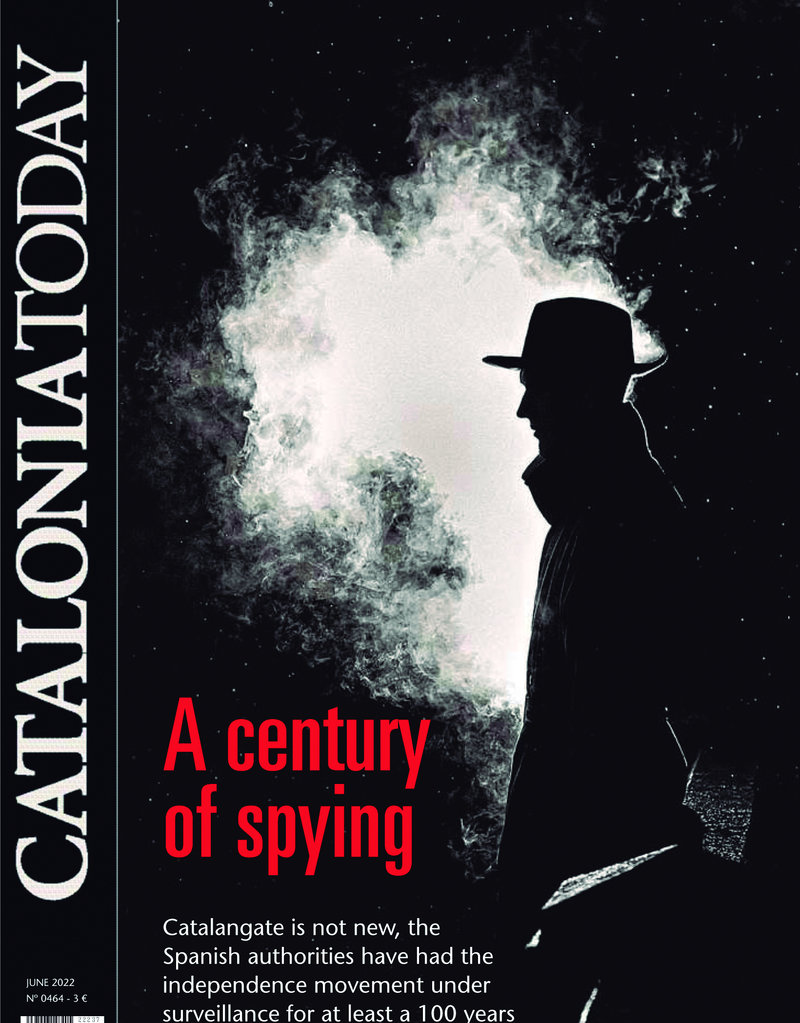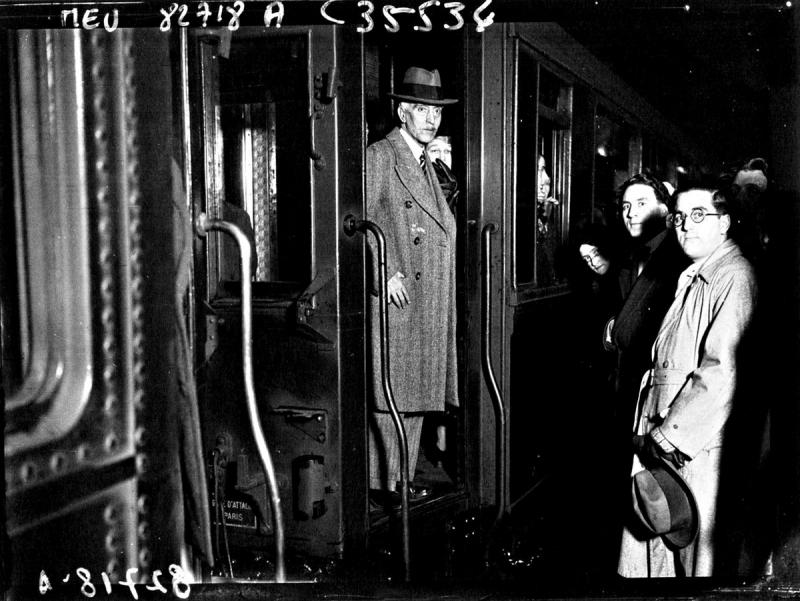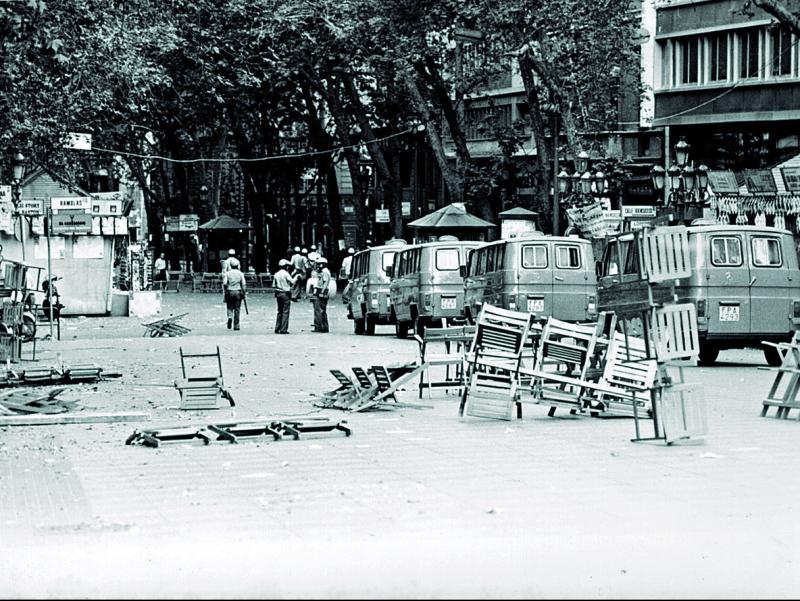from the editor
Spying is incompatible with the rule of law
The state of suspicion is a degeneration of the rule of law, as dictatorships and totalitarian regimes have shown us. Suspicion of ordinary citizens is the way to justify the need to spy on, to control and to invade people’s lives. It happened under Nazism and Francoism, as well as Stalinism in the USSR and in other communist dictatorships. The problem is when democracies indulge in these practices and behave in a very similar way to the political police of totalitarian regimes. Spying indiscriminately for political reasons is a crime that democracies cannot commit, but the recent Catalangate scandal has exposed an uncomfortable truth: there are state agencies in European Union countries spying on journalists, lawyers, political leaders… and ordinary citizens. Just because they defend the independence of Catalonia and because they have different political views than the Spanish state. The European Parliament has set up a commission of inquiry to investigate this, but the attitude of the European Commission suggests that there is no real intention to get to the bottom of it and punish such practices. Human rights organisations and experts have warned that spyware programs, such as Pegasus and Candiru, which have been used to spy on Catalan pro-independence leaders, their lawyers, journalists and even members of their families, are incompatible with the rule of law, and that they should not be used even with judicial permission. But the governments that have already tasted the political benefits of these tools will surely find it hard to break free from them: they can find out what their opponents’ strategies are before embarking on political negotiations and talks, and anticipate all their moves to their own advantage. While the Spanish government is denying everything, it is also obvious that no other public agency or state would be interested in spying on the Catalan pro-independence leaders; maybe that is why, the “constitutional” block that operates in Spain as a protection of the 1978 regime, has prevented the Spanish parliament doing the same as the European Parliament, and investigating and clarifying the extremely serious and dangerous facts. (Don’t miss Pere Bosch’s report on spying on previous Catalan pro-independence leaders in this issue, on pages 18-30).




